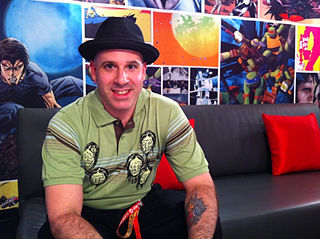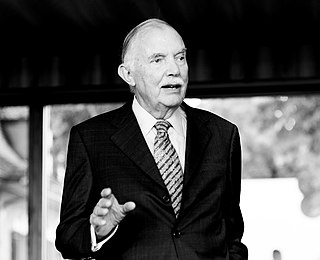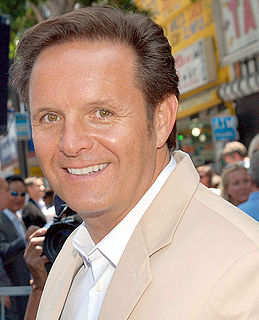A Quote by Daniel Lyons
Android phones are sold by dozens of hardware makers, the biggest being Samsung, Motorola, and HTC. There are lots of different form factors. Slider phones. Phones with keyboards. Big screens, small screens, midsize screens.
Related Quotes
While it is becoming increasingly obvious that the fundamental architecture of a system has a profound Influence on the quality of its human factors, the vast majority of human factors studies concern the surface of hardware (keyboards, screens) or the very surface of the software (command names, menu formats).
What I try very hard to do is have an hour or so in the morning when I leave the house and don't have my phone with me. I'll go sit in a cafe and read and handwrite in my notebook and not be facing a screen. My head will be clear. I will be able to hear myself think. Because honestly for the rest of the day it's just screens, screens, screens.




































